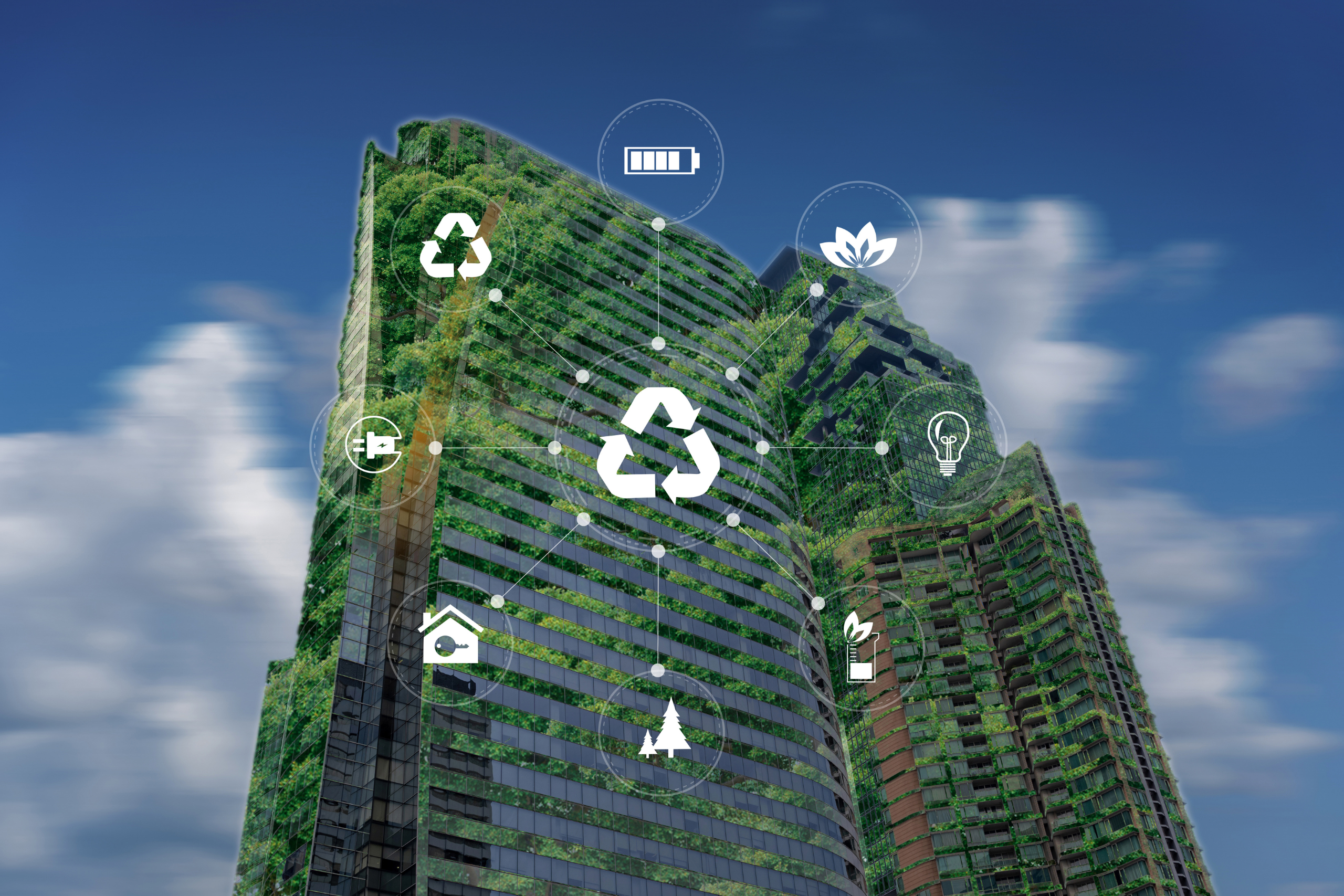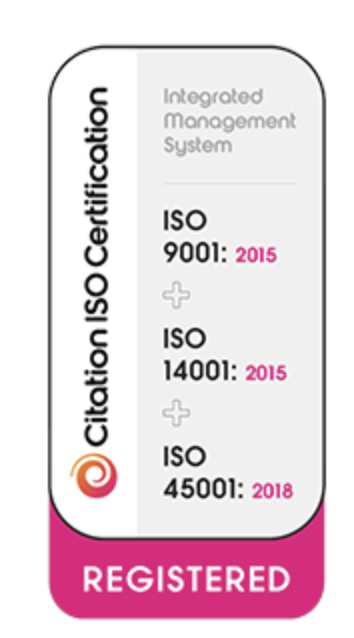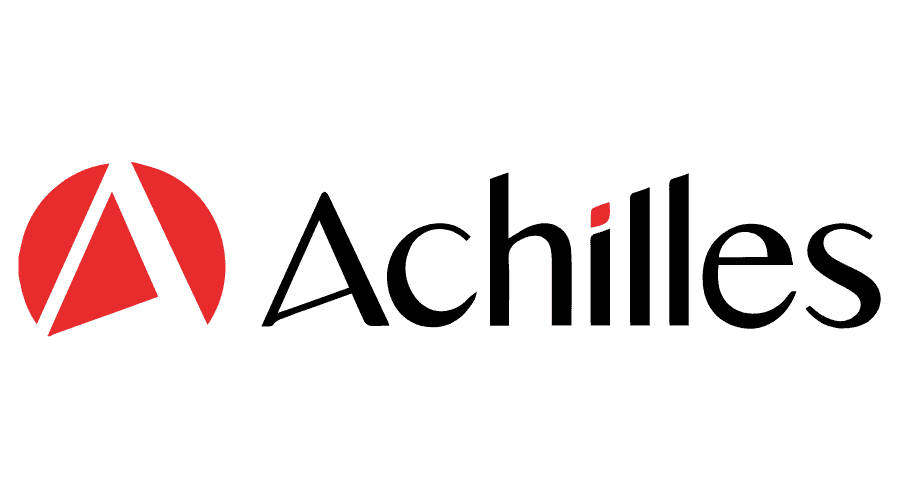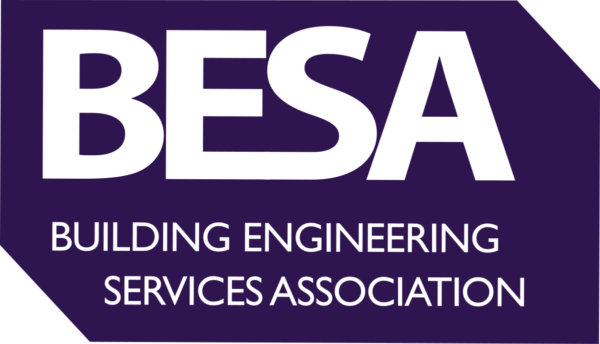As the government announced a further £12 million in ‘clean’ funding for businesses, we explore why a sustainable FM strategy is more than just a vital pillar of your corporate social responsibility.
Are you a sustainable facilities manager? Defined as the ‘conscious management of a commercial space to realise social value and reduce overall impact on the environment’, sustainable facilities management has climbed the ranks of value in the last decade.
Playing a vital role in supporting your organisation’s green agenda, it identifies ways to reduce resources, cut your carbon footprint and save money.
Further than that, it’s even focused on creating a healthier, more productive workplace for employees, and a well-rounded experience for customers too.
At BASSE, we realise that the introduction of sustainability in the workplace may seem like a daunting and pricey task. However, we know that it only takes a few simple changes to your FM strategy to see success.
Read on to discover our framework for sustainable facilities management designed to maximise environmental impact, and minimise cost.
What Are The Benefits Of Sustainable Facilities Management In The Workplace?
Considered by 72% of UK consumers in their purchasing decisions, sustainability is fast becoming one of the biggest factors for business. Aside from reducing energy costs, sustainable facilities management even helps to create a good brand image and reinforce your corporate social responsibility as both an employer and provider of public goods.
Cost Savings
Greening your facility will provide multiple long term benefits, but amidst the UK’s ongoing energy crisis, financial savings are perhaps the most favourable.
For example, the switch to renewable energy has been proven to decrease operational costs by 10% in the first year alone. And though an upfront expenditure is necessary, a steady decline in the price of alternative electricity means that you won’t be waiting years for a return on your investment.
Lower Your Carbon Footprint
Aside from cutting costs, the most obvious reason to introduce sustainability into your FM strategy is to lower your organisation’s carbon footprint.
The climate crisis isn’t an issue that can be ignored. And as buildings consume 40% of the total global energy we use, sustainable facilities management is an obvious step in the right direction. It can help to reduce wasted energy and cut back on astronomical bills, whilst bolstering your brand reputation as a green organisation.
Attract & Retain Workers
Sustainable facilities management is also beneficial for your organisation’s hiring and retention rate.
Millennial and Gen-Z employees are among those that care for the environment the most. To support their own environmental efforts, they want to work for companies that demonstrate their corporate social responsibility through sustainability. Moreover, as a 2018 report conducted by Stok found that a sustainably managed building can decrease employee absenteeism by 30%, greening your facility can raise morale among existing workers too.
Help The Environment
Sustainable facilities management goes further than the built environment; it helps to protect the natural world too. By promoting recycling schemes in your workplace, or replacing hazardous cleaning chemicals with eco-friendly alternatives, you can help the environment rather than contribute to its damage.
How Can I Implement A Sustainable FM Strategy?
With the benefits of sustainable facilities management in mind, are you ready to turn your attention towards sustainability in the workplace?
At BASSE, we’ve outlined a five step-framework, built from some of the simplest and most effective practices that you can introduce into your building. From auditing your current measures to making the switch to efficient resources, let’s dive in.

How Can BASSE Support My Sustainable FM Strategy?
With over 70 years of experience in the property maintenance industry, we realise that sustainable facilities management is a time-consuming commitment. However, with the impact of climate change more apparent each day, it’s never been more important to act.
Our team of experts can advise and guide you through the sustainability process to highlight areas for improvement within your organisation. We’ll even work with a range of experienced and trusted partners to enact your sustainable FM strategy, so that your time is spent where it’s needed the most. To step into your green future, contact us today.






















